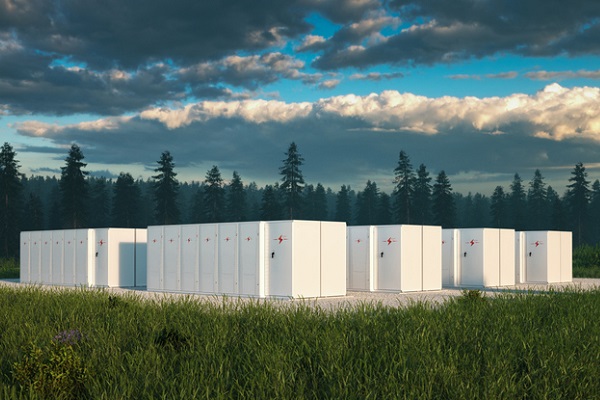Battery storage is the new, clean Peaker: Clean Energy Council
The Clean Energy Council (CEC) has released a new white paper that looks at large-scale battery storage as the superior choice for electricity peaking services based on cost, flexibility, services to the network and emissions.
CEC chief executive Kane Thornton says that large-scale batteries are now undoubtedly the best option to meet periods of high electricity demand.
ADVERTISEMENT
The white paper, dubbed Battery Storage – The New, Clean Peaker, shows that batteries are cheaper than open-cycle gas turbine plants. It compared a new 250MW four-hour grid-scale battery to a new 250MW gas Peaker, finding that the former can save more than 30% in costs while offering greater flexibility and reducing emissions intensity.
“Batteries can provide a premium peaking service in periods of high demand traditionally met by peaking gas plants,” Kane adds.
“Batteries can ramp up quickly, have near zero start-up time and provide a better frequency response.
“Electricity demand must match supply at all times, and so on very hot days when demand spikes we quickly need more supply to respond. Sometimes, it’s only for a few seconds; other times, it’s for a couple of hours. In this respect, the capability of large-scale batteries is unrivalled. Over the past three years, batteries have been essential in keeping the grid stable and keeping power flowing to energy users.”
The AEMO anticipates that between 6GW and 19GW of new dispatchable resources will be needed across the NEM by 2040.
Since 2018, 8.9GW of large-scale battery storage has been financially committed, proposed and/or approved in Australia. This represents 42,000 construction and installation jobs and 11,000 ongoing operations and maintenance jobs.
This staggering momentum has seen 15 large-scale battery storage projects announced this year alone, representing 6.6GW of capacity and $4.3 billion in investment.
“The commercial case for batteries will continue to improve as battery technology advances and new markets are established to reward the services they provide,” Kane says.
“However, long-term investment certainty remains reliant on appropriate market reforms and forward-looking policies that incentivise new, flexible technologies that are needed to complement renewables.”
-
ADVERTISEMENT
-
ADVERTISEMENT


